News
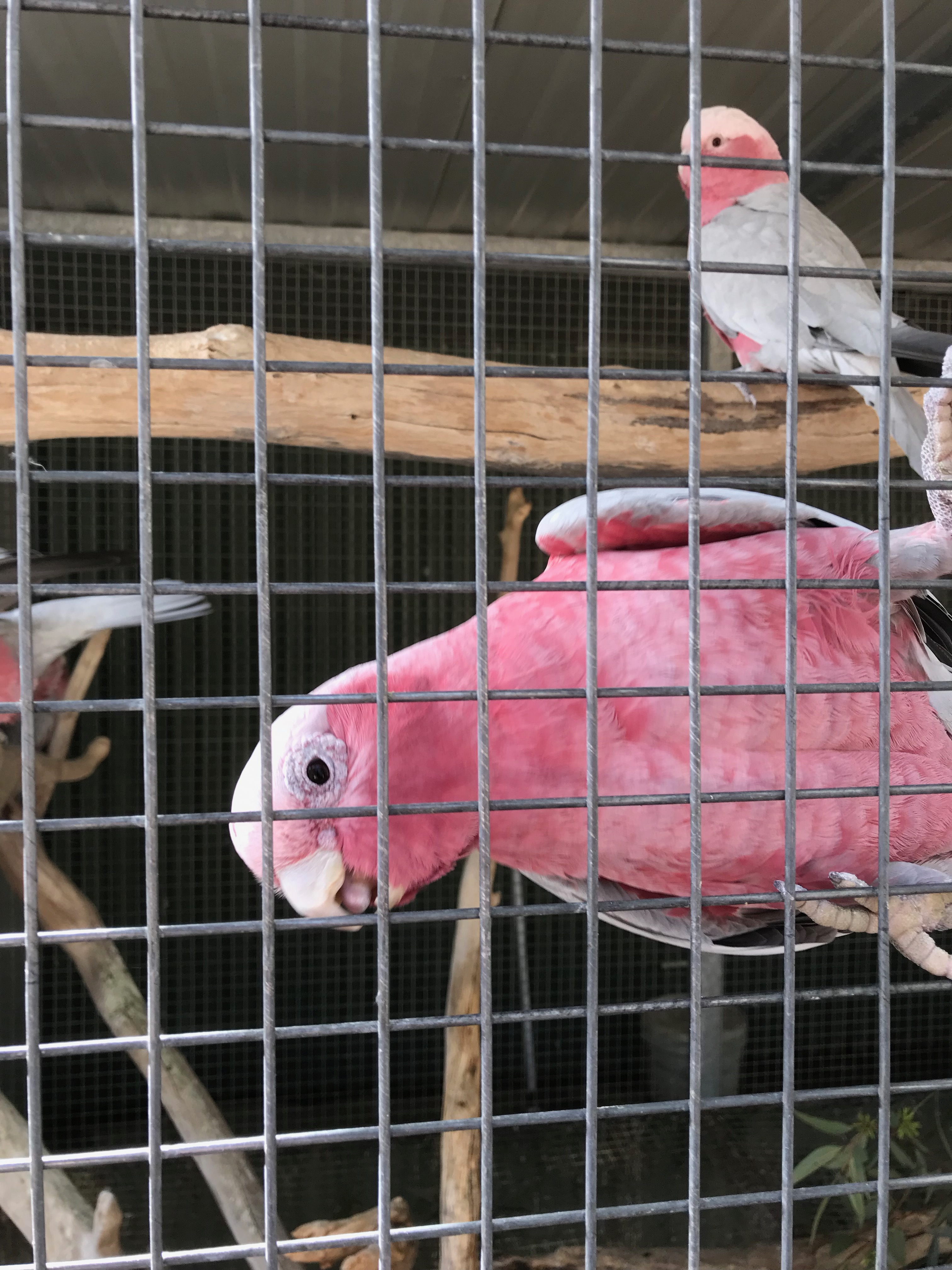
In June the Department had five publications listed in PubMed.
1: Yanckello LM, Young LEA, Hoffman JD, Mohney RP, Keaton MA, Abner E, Lin AL. Caloric Restriction Alters Postprandial Responses of Essential Brain Metabolites in Young Adult Mice. Front Nutr. 2019 Jun 12;6:90. doi: 10.3389/fnut.2019.00090. eCollection 2019. PubMed PMID: 31249833; PubMed Central PMCID: PMC6582370.
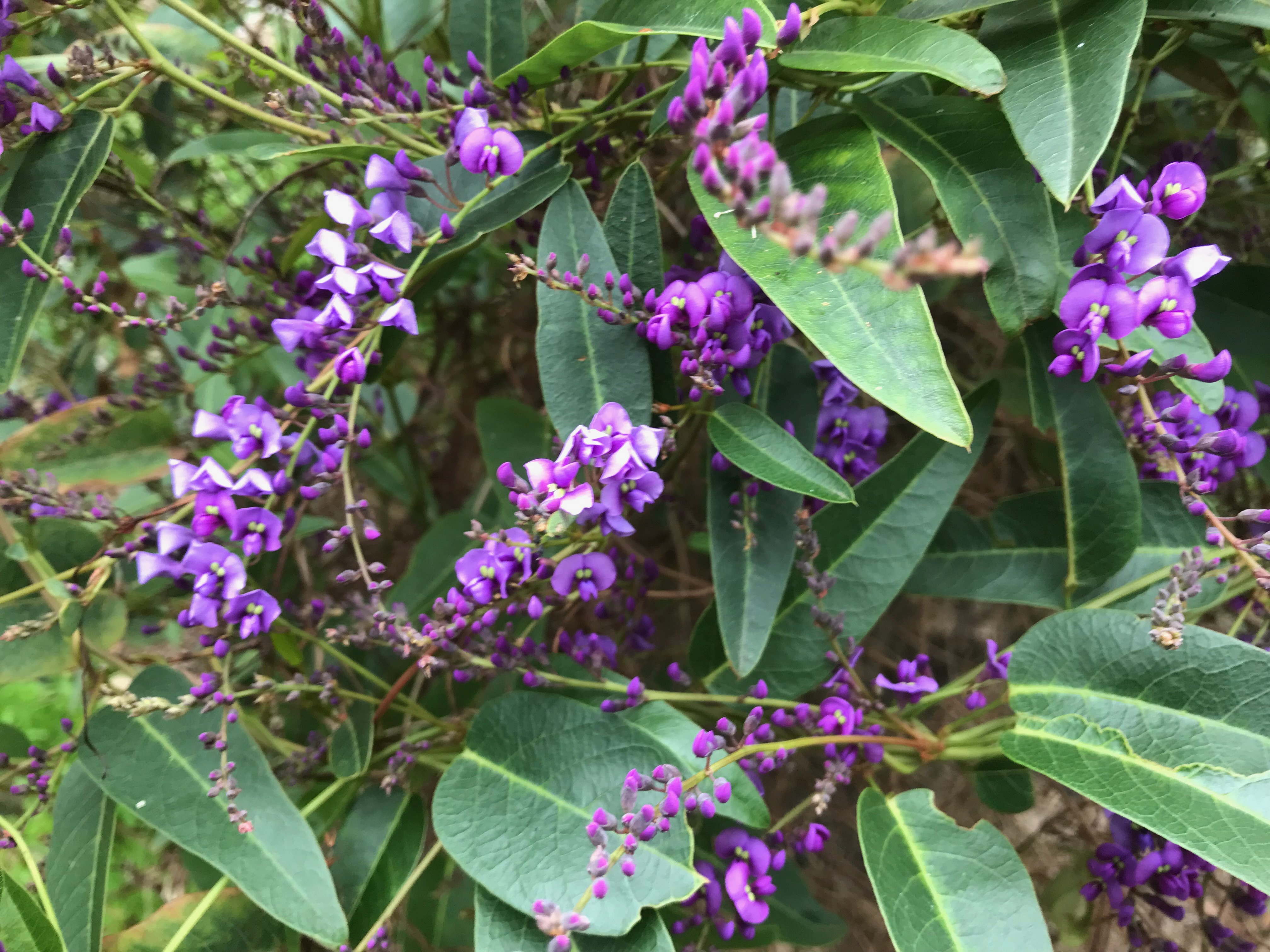
In May the Department had ten publications listed in PubMed.
1: Harper NW, Hodges KB, Stewart RL, Wu J, Huang B, O'Connor KL, Romond EH. Adjuvant Treatment of Triple-Negative Metaplastic Breast Cancer With Weekly Paclitaxel and Platinum Chemotherapy: Retrospective Case Review From a Single Institution. Clin Breast Cancer. 2019 May 24. pii: S1526-8209(19)30123-5. doi:10.1016/j.clbc.2019.05.009. [Epub ahead of print] PubMed PMID: 31208874.

Giving presentations is a big part of being a scientist. Even in industry. Anyone can give a talk. Not everyone can give a really effective talk. Taking all your fantastic data and making a compelling presentation is as much an art as a skil. This month I'm recommending Garr Reynolds' book "Presentation Zen" which has some fantastic advice on how to improve your presentation skills.
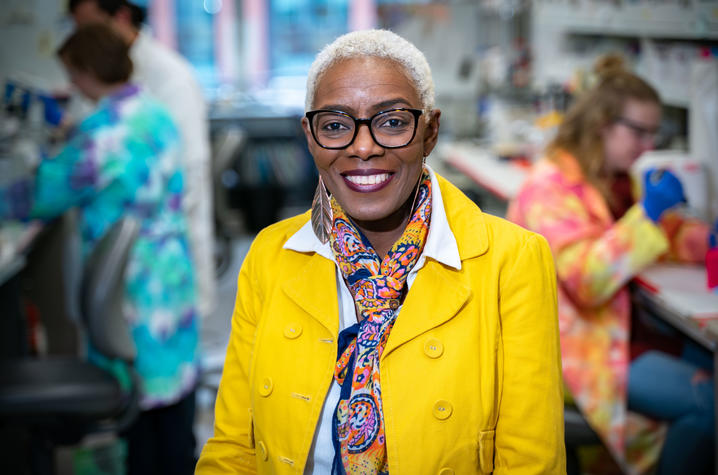
University of Kentucky researcher Yvonne Fondufe-Mittendorf affectionately describes the formation of her career as an “accident.”
Originally hailing from the Republic of Cameroon, Africa, Fondufe-Mittendorf had never even seen inside of a lab before moving to Germany to pursue an advanced degree. At the Georg-August Universitaet in Göttingen, she earned a doctorate in molecular genetics.

I'm sure you all make use of PubMed (and probably Google Scholar) to try and keep up with the literature in your field. Wouldn't it be nice if there was a way to have automate the process? And have not only the results of your searches but also things like journal tables of content delivered in a single, user-friendly package?
There is.
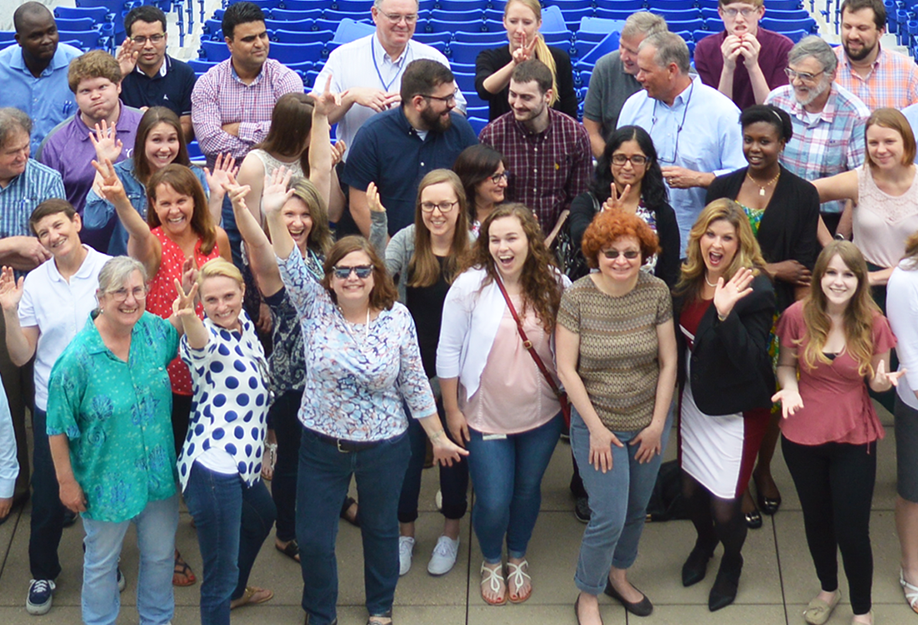

This month's book is "Work Simply: Embracing the Power of Your Personal Productivity Style" by Carson Tate
Find it here!

This month I want to talk about electronic notebook software.* These apps have become extremely powerful and are something you definitely should consider having in your toolkit. I'm not talking about electronic lab notebooks, although you can use these apps for that. My lab does. I'm talking about a more generalized, and powerful, class of software.
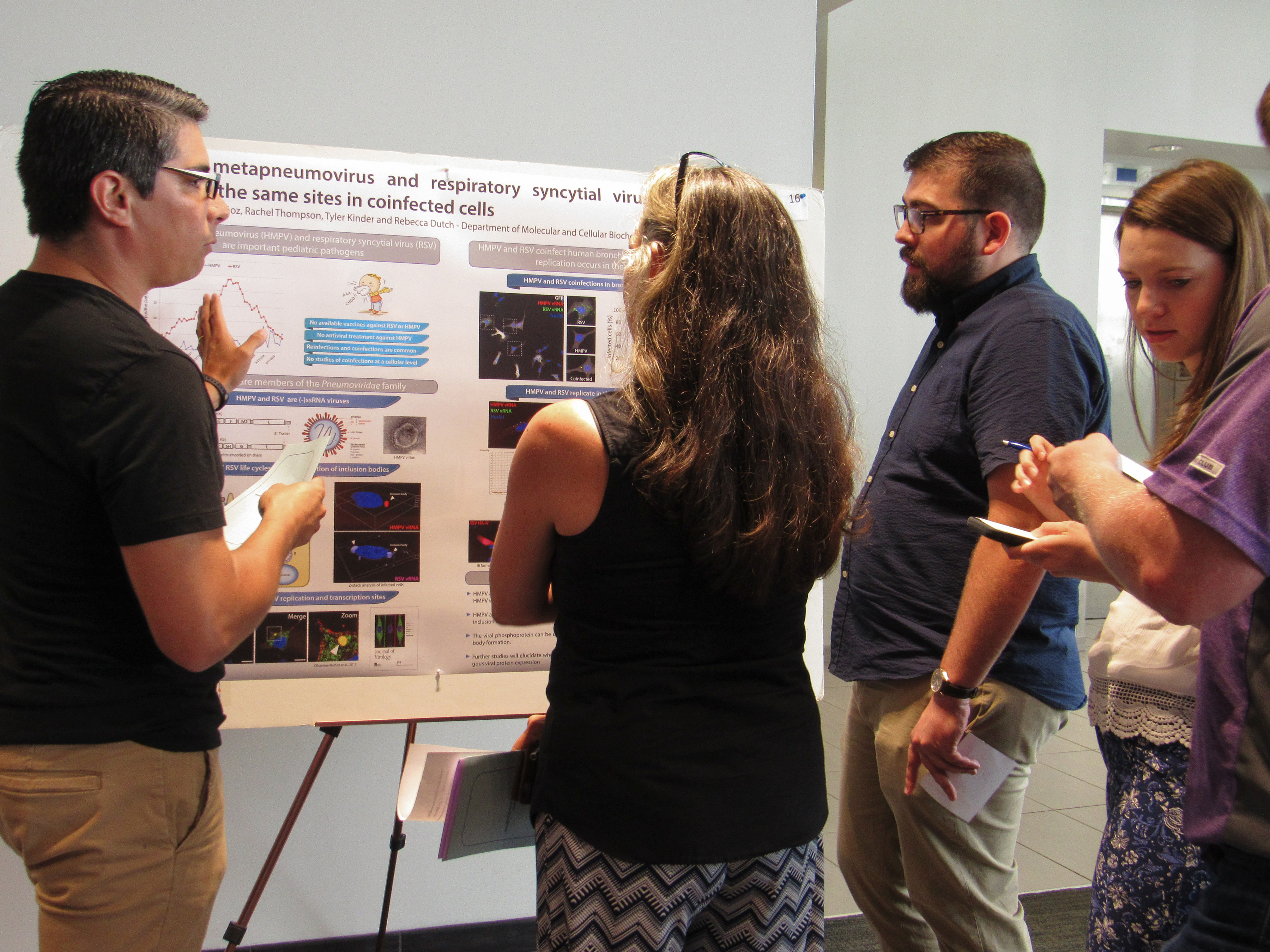
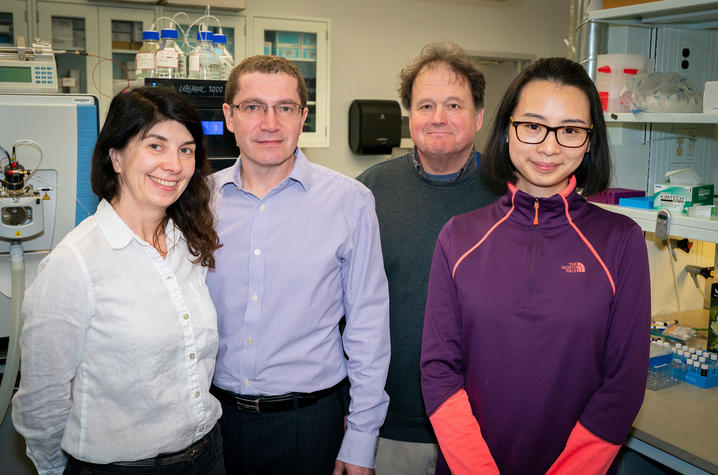
Dr. Natalia Korotkova, research assistant professor in the Department of Molecular and Cellular Biochemistry, led a team of investigators who have identified a new potential target for a Group A Streptococcus vaccine.
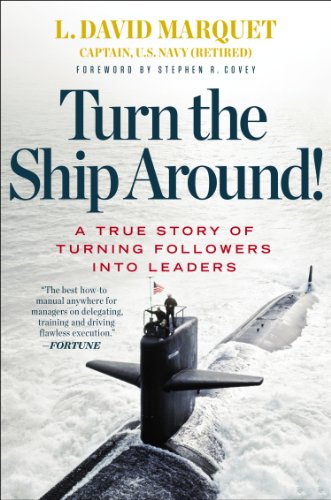
This months reading takes a decidedly nautical turn. L. David Marquet's "Turn this ship around!"
Find it here!
This is a rollicking tale of pirates and treasure and...

This is episode two of tool time. As promised, this one is about todo lists. And the related tool, reminders. As with all these things, it doesn’t matter whether you use electronic or paper forms. What’s important is that you find what works for you. And experience that sense of satisfaction you get from crossing items off a todo list.


In addition to the one on useful reading, you’re going to get another monthly post from me. This is the first. I’m going to blather on about some tools you might find useful or should definitely be using. As with the suggested readings, feel free to ignore.
Calendars:
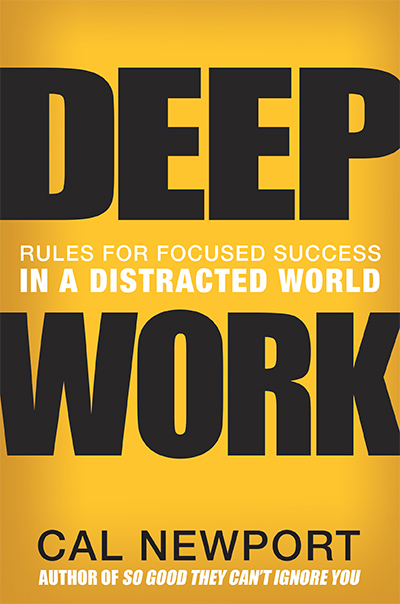
Each month I am going to suggest reading (mostly non-science related) that I think you might find useful or at least interesting. These will typically be books I’ve read at some point. When possible, I’ll stick to books you can get at the Lexington Public Library. Note that these are just suggestions - feel free to ignore them! If you find any of these useful, let me know.
First up is a book called “Deep Work” by Cal Newport.
Find it here!
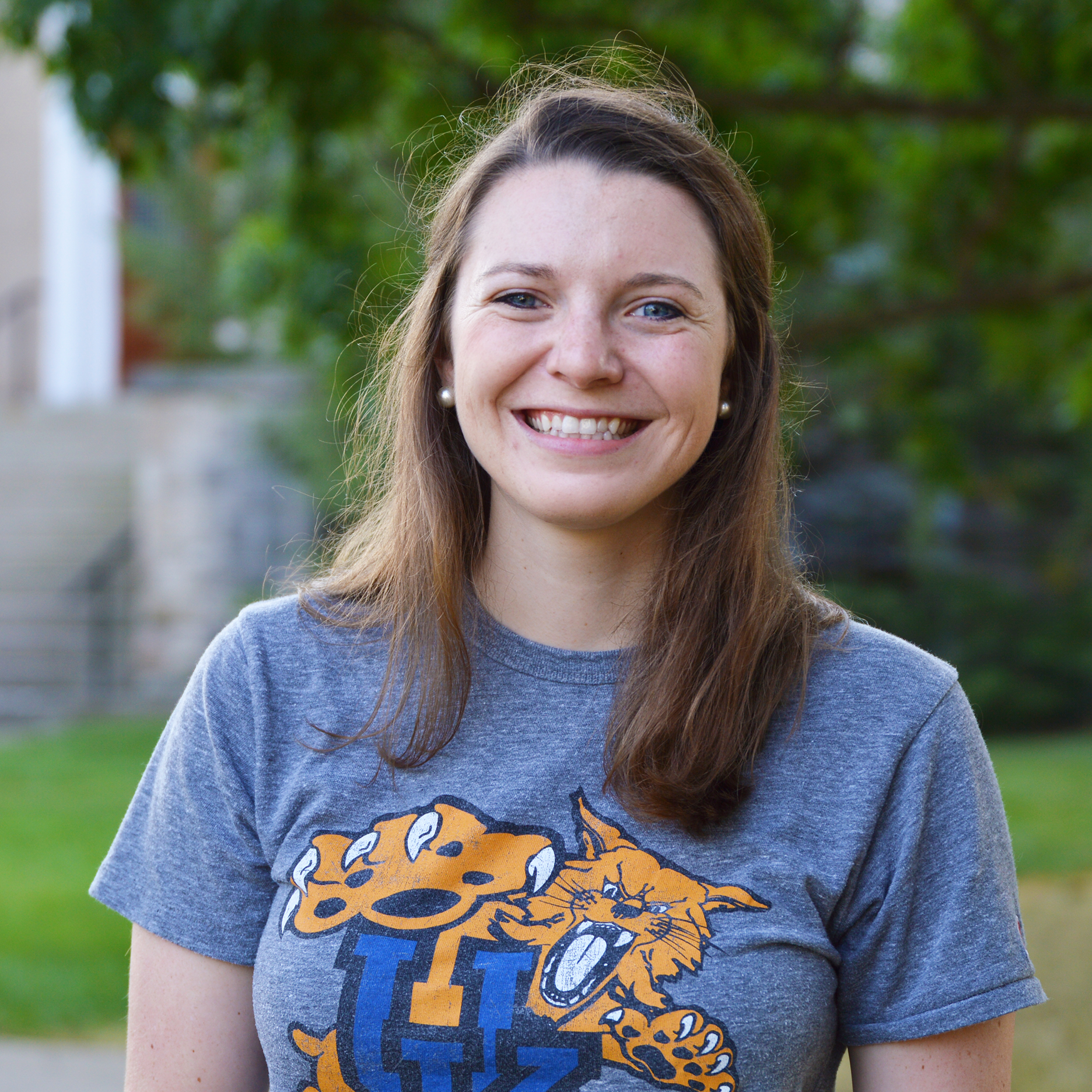

This month, our department published the following 6 publications!
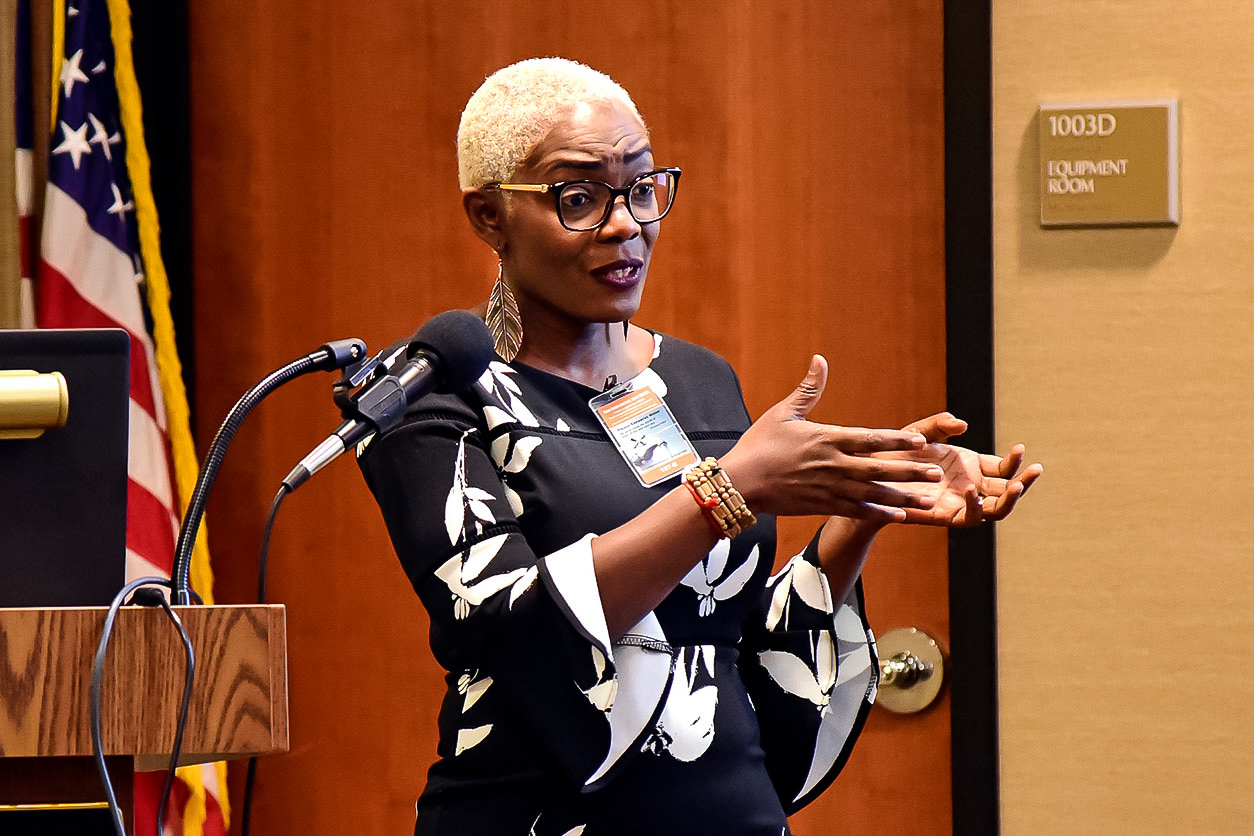
Our Department wishes to congratulate Yvonne Fondufe-Mittendorf for being featured in an article from NIEHS!
Fondufe-Mittendorf was recognized in the article for her work in epigenetics, which is the study of mechanisms in cancer development. More specifically, epigenetics describes the study of heritable changes in gene expression that do not involve alterations in the DNA sequence.
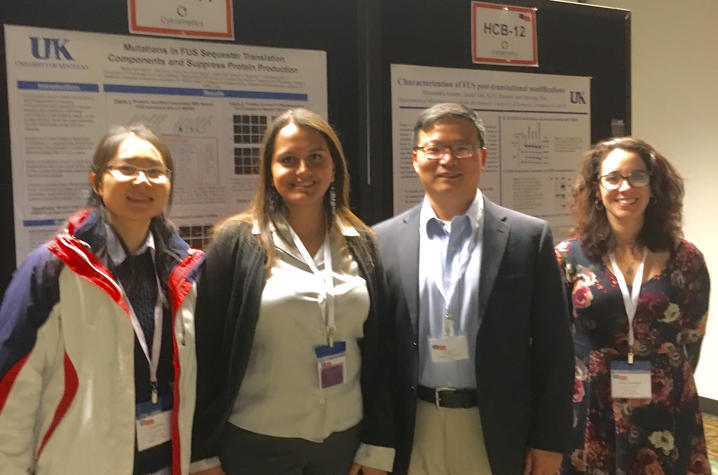
Researchers at the University of Kentucky have discovered new biological processes by which mutations in the FUS gene cause neurodegeneration in amyotrophic lateral sclerosis (ALS).
FUS is a DNA and RNA binding protein that resides predominantly in the nucleus and appears to play a role in DNA repair and RNA metabolism. In contrast, ALS-related mutations cause the protein to accumulate in the cytoplasm, which can contribute to inclusion bodies – the pathological hallmarks of disease – and neurotoxicity.
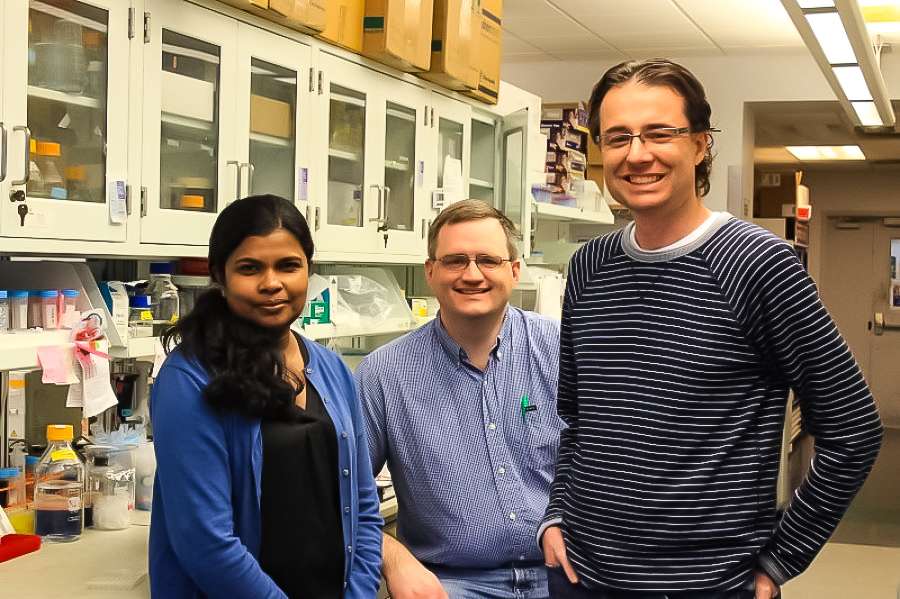
The National Institute of Neurological Disorders and Stroke (NINDS), part of the National Institutes of Health, announced that University of Kentucky's Matthew Gentry has received the Landis Award for Outstanding Mentorship.